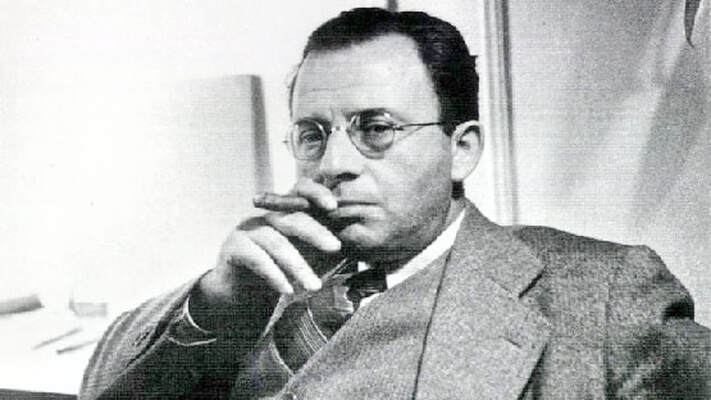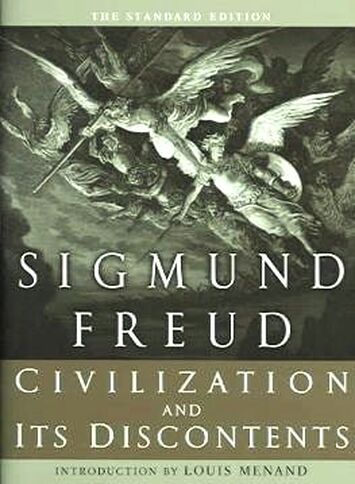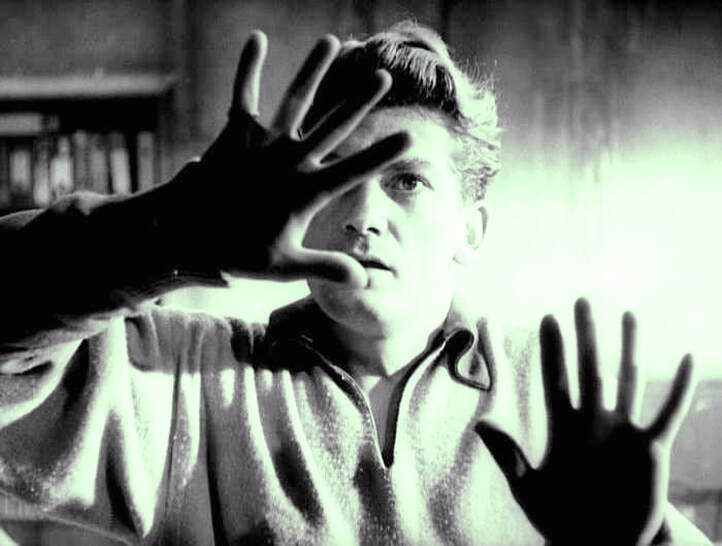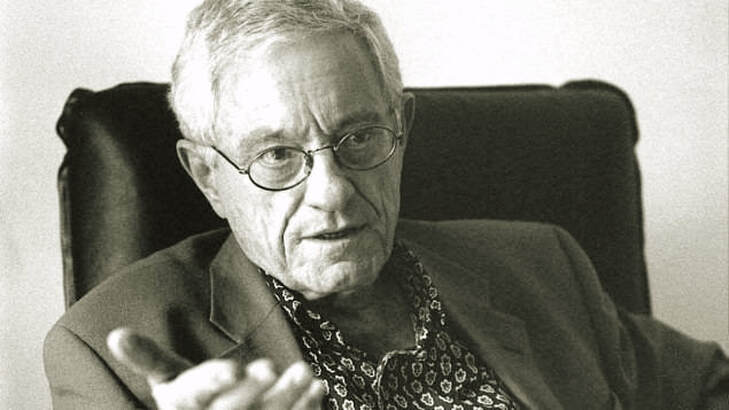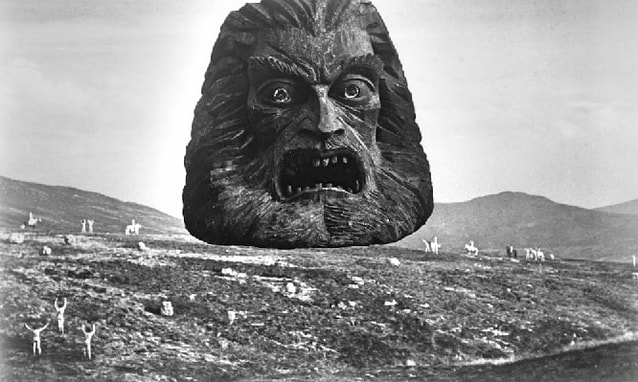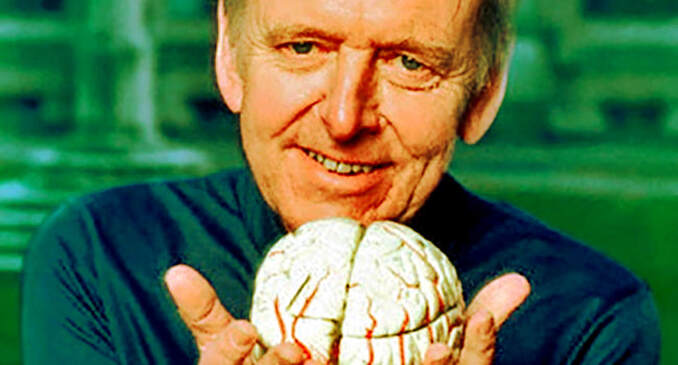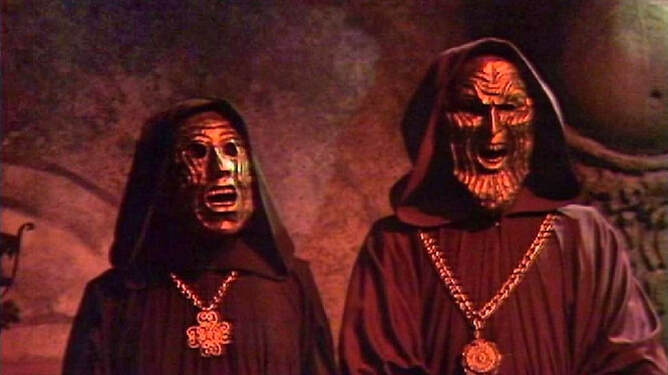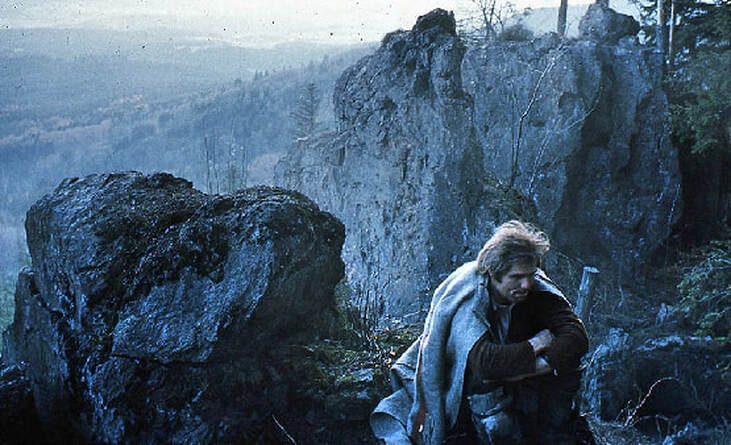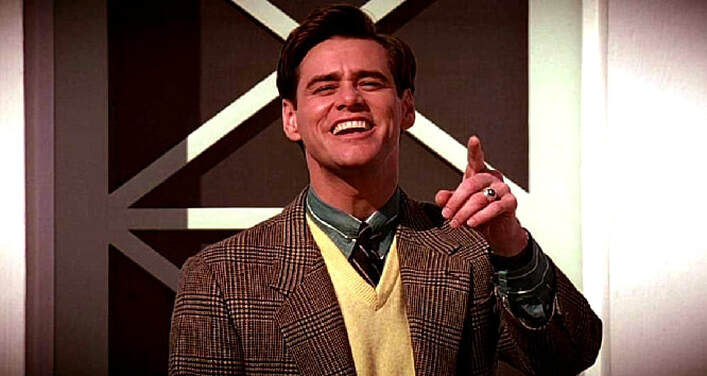Say No to Psychology
by Michael Tsarion
http://www.dragonmother.org/say-no-to-psychology.html
People will do anything, no matter how absurd, in order to avoid facing their own soul – Carl Jung
Our interest in psychology and psychoanalysis has never been deep and sincere.
From the 1930’s onward psychoanalysis has been a sore point for most people, and for most scientifically-minded intellectuals. Science want’s nothing to do with it, preferring to remain in charge of human development. The process must continue along impartial and unemotional lines, remaining objective, externalized and materialistic. Its success and prowess depends on us not looking within.
And we’re only too happy to oblige. We aren’t the least bit interested in introspection and self-analysis, and never will be.
In this regard both the scientists and the masses can rest easy. They’ve nothing to worry about. Scientists can continue polishing reality and building their utopian visions without much opposition.
Psychologist Erich Fromm maintained that although in the past men were slaves, in the future they are bound to become robots. The reason being their underlying pathological antipathy to freedom and individuality. Political systems and platforms exist only so that the dehumanized masses may collectively vote for the next enslaver to award them chains of gold instead of iron. Those teaching the tenets of true freedom are torn to pieces.
During and after Freud’s day there arose many legitimate schools of psychology. We had Adler, Jung, Rank, and other schools led by Reich, Rogers. Sullivan, Horney, Klein, Reik, Hillman, Laing, Branden, etc.
As time passed, however, academia unseated Freudian and neo-Freudian models, settling instead for a more utilitarian “clinical psychology,” which treats mental illness as another physical disease. Consequently, psychoanalysis has been replaced by neo-Behaviorism and Big Pharma. One’s psychiatrist simply consults his handy Manual of Mental Disorders, decides what’s wrong with your head, and prescribes the appropriate state-approved drug to fix it. It’s all done with your consent. Another smiling-depressive stalks the night. Nothing to worry about.
“Today psychology rarely inspires. Materialism and numbers have eclipsed interiority. Cognitive-behaviorism and neuroscience dominate the landscape — flatlands where subjects are quantified, therapies are determined economically, and pills are given before anyone asks, ‘what’s wrong?’ Functionality reigns. There is no room for the dream, less for meaning and little for the imagination. Most theorists have abandoned the depth perspectives of Freud and Jung, thinkers whose works constantly ignite discourse in the humanities and remain mainstays of popular soul-searching “ – Prof. Glen Slater (Pacifica Graduate Institute)
Freud’s final book Civilization & its Discontents (1929) struggles with the question of whether civilization is worthwhile or not. How did it arise, and why? What bioenergetic resources are required to prevent it slowly degenerating? Is libido displaced and sublimated, and if so why? Do we merely fiddle with the elements and structures of civilization (the Reality Principle) to distract ourselves from an inner state of decay? And despite our psychophobia and self-deception, does our world inevitably mirror our inner apartheid? If so, is civilization terminal?
Apparently, civilization depends on scientific progress. But what is science? Where did it comes from? Why does it exist? Is it really the solve-all?
The answer may lie in a fundamental but highly controversial premise of Freudian psychology, which holds that every element and aspect of civilization – particularly as we know it in modern times – is little more than the result of our need to twiddle with something or other to distract ourselves and avoid introspection and psychological maturation.
The exemplary researches of Immanuel Velikovsky and Julian Jaynes help explain the predicament. According to their work, humans are traumatized, but consciousness, as we experience it, has no intention of facing its inner wounds. Healing requires revisiting the trauma, and consciousness has decided to do no such thing. The mind has split itself down the middle to ensure it can dispose of traumatic memories in the dumpster of the so-called “unconscious.”
As far as the ego is concerned, there’s no need to face this repressed content preserved in the Right Brain. Best to get on with more important matters, such as progress, technology, religion and shopping.
To hide from itself, the mind has perfected the art of distraction. Indeed, after the advent of psychoanalysis, which championed introspection, social and domestic distractions multiplied ad nauseam. We’ve reactively filled our lives and world with things to do, projects to pursue, causes to champion, teams to support, injustices to combat, dragons to slay, mountains to climb, heavens to attain, and children to beget.
We have umpteen puzzles to solve and conundrums to crack. Privacy and silence be damned.
We have perfected the psychological devices by which we hide the truth from ourselves. We’ve made great use of splitting, repression and dissociation, which, as Arno Gruen said, are no longer pathologies, but new norms.
It all amounts to a willful betrayal of the Self.
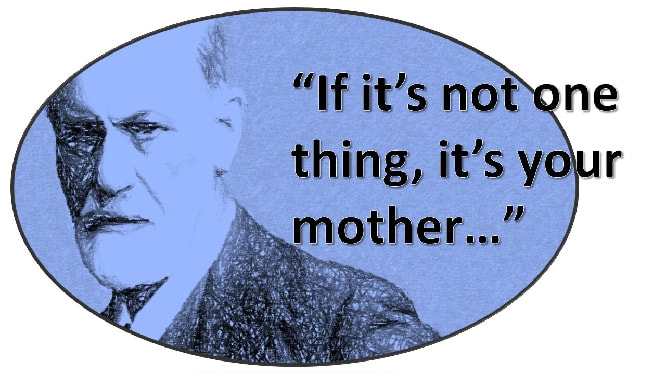
Freud may have been prevoyant, because he didn’t want his books and work published and publicized in America. After once visiting the country, he realized that psychoanalysis wasn’t going to be accepted. His ideas were initially popularized in the States by his colleague and biographer Ernest Jones. (Herefor more…)
The dozen or so early ground-breaking Hollywood films dealing with psychological themes were box-office flops. Even though the producers and directors were canny enough to cast top stars of the day, American audiences of the Fifties and Sixties were not impressed. They walked out of cinemas disgruntled and silent, many in a huff. They weren’t used to seeing their favorite screen idols plagued with dark thoughts, unwholesome desires and “complexes.” The all-American hero must not have psychological problems. If something holds him back, it can be shot, bombed or punched out of the way. The man with the white hat always comes through and gets the girl.
Of course, when canny scriptwriters and directors realized what was going on they changed tack. As a result we got Psycho, and people stampeded to see it with lines around the block for weeks on end.
Director Alfred Hitchcock soon realized the error of his ways. The American public didn’t want Marnie, they wanted Psycho. Bring on the psychology, as long as it pertains to the mind and behavior of a maniacal cross-dressing voyeur and sex killer. No problem…break out the popcorn.
Alfred Hitchcock’s outstanding movie Marnie, deals intelligently with matrophobia, self-hate and female psychology. However, this and his other psychologically-toned films were originally unpopular flops, whereas his thriller Psycho – based on the life of serial killer Ed Gein – was a worldwide blockbuster. Is this evidence of a culture in denial?
The public got their way. But at least the film industry tried. This is mainly because many of Hollywood’s finest post-war scriptwriters and directors – such as Fritz Lang, Erich von Stroheim, Josef von Sternberg, Karl Freund, and others – were from Austria, the home of psychoanalysis.
Hitchcock was British, but was also fascinated with the subject of psychoanalysis, openly dedicating his film Spellbound to Freud. Like a few other film-makers, he had high hopes of using cinema to change the world for the better. I don’t think any of them were prepared for the negative reaction. The few masterly psychologically-toned films by Hitchcock – Marnie, Shadow of a Doubt, Spellbound and Vertigo, were unpopular disasters. Thumbs way down!
Stars such as Bette Davis, Joan Crawford, Ingrid Bergman, Jean Bennett, Barbara Stanwick, Paul Henreid, Montgomery Clift, Sean Connery, and even Marilyn Monroe – intrigued by or indebted to psychotherapy – did their best to promote the subject and make it palatable to the world, but to no avail. The demand was for garish musicals, soppy love scenes, car chases, and ever more gruesome sequels to Psycho, in the form of The Sadist, Hitchhiker, The Boston Strangler, Texas Chainsaw Massacre, Friday the 13th, Halloween, Night of the Living Dead, and similar gory fare. They roll off the production lines to this day.
Fortunately, in Europe movies with psychological themes were all the rage, at least for a while. Some directors, such as Jean Cocteau, were not afraid to deeply explore the labyrinths of the human psyche and convey profound truths about consciousness via surreal masterpieces such as Orpheus (1950). For most modern viewers films of this kind are incomprehensible. There are no car chases, love scenes, punch-ups and happy endings.
This rejection of psychology on the silver screen is indicative of the broader social suspicion and antipathy toward psychology. As long as it operates on a purely functional basis it is permitted. If it fixes superficial hangups, and controls the antics of ultra-deranged deviants it’s reluctantly allowed. Just stay the hell away from mother-hate and penis envy. As far as most people are concerned, psychology is as useful as a drive-thru car-wash, nothing more.
But what about the psychology we do have? Isn’t it helping people? Well, as psychoanalyst Karen Horney frequently pointed out, most people in therapy perpetuate acts of self-deception which often fool therapists. In fact, these acts, she said, are contrived to do so.
What this means is that, in a great many cases, the pesky hangups of the client are manufactured by the client’s ego to disguise real issues which must not be uncovered and addressed.
So, a normal high-priced therapy session amounts to the client and therapist flying round the room chasing phantoms and chimeras. After a certain amount of money has been exchanged, after a requisite number of sessions elapse, and after enough interpretations have been expertly reinterpreted, the client suddenly gets better, calls it quits, and goes about their business. They feel renewed and born again. They are able to meet the world on its own terms, and get right back in line with the norms and demands of the abnormal society of which they are delighted to be a part. Cheshire Cat super-grins all round.
But what’s wrong with that? Money has been paid, the ticket price covered, and problem solved, right? It’s all right and proper. If I need a manicure or brake job, I consult the Yellow Pages or internet, and take my nails or car in for treatment. Isn’t it the same with my emotions and mind?
Psychologist Arno Gruen, author of the exceptionally insightful books Betrayal of the Self and The Insanity of Normality.
Anyway, what’s all the fuss about? Instead of psychology we’ve got religion. It has served us for centuries, with its absurd explanations for reality and existence. We don’t need philosophy and psychology complicating things?
The man who has religion need never bother himself with his own psyche. It’s vain, sinful and futile. Once you’ve excepted Jesus into your heart, your problems are over. You’ve no time for introspection because there’s a world to be saved. It’s the lives of others that preoccupies now. Look at everyone running around lost in the world. Look at the sexual debauchery, addiction and crime. Something must be done. They must all be brought back to God and “saved”. If there’s deviance, pathology and crime, it’s all because of the Devil, father of lies.
The religious man is an open book, or so he thinks. He conjures Jesus, or some other deity or demigod, who sees into his heart. His imperfections are known and their remedies prefabricated. Just read the instructions, get into lockstep with others in the same mess, and wait for the external authority to give you the rubber stamp of approval. All the while one fails to face their constitutional infantilism. There’s no need to query whether Jesus or God have psychological profiles of their own. One glance at the Old Testament tells us that Jehovah has supersized hangups and phobias, causing pathological behavior most of the time. But again, where there is theology there’s no need for psychology. Hallelujah!
Alternatively, we’ve got science. Shining, beauteously clean, efficient science, spearhead toward our destiny and guiding star for all personal and social ailments. Full steam ahead. It’s long provided a perfect refuge for the non-introspective types dominating the world.
The scientist turns his attention not toward his being, but toward the ever-changing physical world around him. What’s it made of? How does it work? How can I make it better?
This type delights over the existence of problems. He makes problems even when they don’t exist and loves fixing what isn’t broken. He tells himself and the world he’s being objective, factual, detached, impartial, professional and dedicated. He never notices that there is absolutely nothing objective about anything he does. His tools and instruments obey his will. His projects and methods are dictated by his intention, and his goals realized based on his personal assessment of his progress. He feels secure and contented as a scientist. If forced to abandon his work and sweep the streets instead, he’d feel lost and frustrated. His choice of career or vocation is wholly subjective, and so is everything else, all the way down the line. Despite his scientific excellence, he never notices his profound self-deception.
For those not overly impressed by orthodox schools of religion, there’s the enigmatic phenomenon of the New Age Movement. No need for real psychology there either. One is too busy “silencing the mind” and “taming the ego,” which simply means evading authentic psychological processes. One does as the guru or ashram advises. One does as the holy book states, or as the most popular life-coach directs. There’s nothing Eckhart Tolle and Doctor Phil can’t put right. “The Dalai Lama smiled at me, and gave me his photo to stick on my fridge door…I’ve drank gallons of green tea, jogged to Tibet, made huge cash donations, stilled my mind, and was told I’m halfway enlightened…It must be true.”
Such types have no idea they’re in a state of auto-hypnosis, using techniques perfected and authenticated by exceptionally sly pseudo-mystics and frauds for millennia.

Instead of pursuing authentic psychological insight and evolution, people prefer the widely disseminated techniques of auto-hypnosis. Powerful eastern cults use agents to seduce westerners into regressive Magical-Child thinking disguised as mysticism. Blockbuster books, such as The Secret, tenderize gullible lost souls for full immersion in exploitative eastern “mystical” traditions and paths. This trendy nonsense has been vogue for decades. Real mystics, such as Chuang Tzu, simply reminded such fools that the desire to end desire……is still a desire.
Is it possible, I ask, for people to see why these institutions of religion, science and pseudo-mysticism exist? Where did they come from? What are they based on? Why do they appeal to so many affluent but unawakened people?
Perhaps the answer is that at some time in the darkness of history, consciousness was traumatized. Immanuel Velikovsky points to terrestrial cataclysms of unimaginable proportions as the cause. Julian Jaynes doesn’t dispute this, but does not elaborate on this facet of the past. Rather, he focuses on the type of consciousness that arose from the ruins of a previous unknowable mode.
Jaynes believed that the shards of the psyche were held together by voices, taken by men for those of the gods. In other words, men didn’t think as we do now. They heard voices that directed their actions. Whatever elements of civilization arose in the years that followed, did so because of this inner instruction.
Zardoz has spoken!
Today, the voice in our heads is usually recognized as that belonging to ourselves. It’s not the same experience for schizophrenics. Jaynes was not against the idea that prehistoric man was, in one sense, schizoid. Instead of his own voice dialoguing within his head, it was those of disembodied entities, directing, admonishing, encouraging and prohibiting.
As the centuries passed and as the strange voices faded, we craved specially endowed intermediaries to take over, provide direction and prevent meltdown. Consequently, we get the rise of the priest class. It was a time of oracles, sibyls, divination, augury, magic, witchcraft and trance. The age of the Wormtongues had begun.
The late professor Julian Jaynes, author of The Origin of Consciousness in the Breakdown of the Bicameral Mind. His radical ideas on the evolution of consciousness have not been taken seriously by academia.
According to Jaynes, this was the Bicameral Stage of psychic development. One part of the brain transmitted audial hallucinations taken for the voices of the gods. He believed our dreams are the remnant of this bicamerality. Our great need for audio-visual instruction and communication via television – and other devices and “oracles” – hearkens back to this period that ended approximately 3,000 BC. By the Homeric Period the voices had fled, leaving people feeling abandoned and traumatized all over again.
Jaynes emphasizes the psychic abscess caused by the cessation of the strange instructing voices. From that time onwards, humanity became obsessively dependent on external authorities representing the distant gods – kings, priests, diviners, shaman, medics and psychologists.
The British sci-fi classic series Doctor Who features a mind-blowing episode dealing obliquely with the Bicameral Age. In Masque of Mandragora, the Doctor returns to earth to help free a medieval Italian province from its sinister state-approved priesthood working to subvert legitimate progress and cultural development. Similar subjects had been explored in the series years before, particularly in the episode The Daemons, with Jon Pertwee. In Lord of the Rings, Professor Tolkien emphasizes the hypnotic authority of the “voice,” in the guise of his evil wizard Saruman. (Herefor more…)
Like Otto Rank before him, Jaynes had his doubts about the validity of psychology, realizing it could have come into being because, historically speaking, humans simply cannot bear the loss of the booming voices of instruction which once animated their lives and relieved them of responsibility.
Carl Jung and other psychoanalysts repudiate premises of this kind. The application of psychological teachings and techniques assists us on our journey toward Individuation and Selfhood. Bicameral man had no free will at all. He simply obeyed orders and moved about in a trance. In Freudian parlance, he had regressed to the level of the infantile Pleasure Principle. This is the antithesis of Individualism and man as microcosm.
Without psychology and psychoanalysis there is no Self-knowledge. What we know of ourselves and others remains statistical, theoretical and general. We get no further than the faceless “average man.” Psychology investigates the bearer of consciousness and actual experiencer of reality – the individual, asking what individuality actually is. Who experiences reality, and what is the nature of that experience? Other empirical fields have no interest in questions of this sort. They not only disregard the individual, they all too often denounce and devalue him.
More importantly, without introspection there can be no hope of uncovering the reasons for the existential crises plaguing humankind. We could never fathom the true reasons for misery, depression, addiction, dependency, aggression, injustice, destructiveness and evil.
Crucially, without psychology there’d be no sensible accounting of the role of unconscious forces. We would be permanently fixated on the false premise that egoic drives solely command and direct our will and desire. Entertaining this folly, man ceases being a mystery to himself. All interest and wonder in the origin of his emotions and thought dwindles and becomes inconsequential. He literally becomes Erich Fromm’s one-dimensional automaton. Although technically he remains human, there’s no being anywhere in sight. His fall from paradise is complete.
The extraordinary film Heart of Glass(1976), by Werner Herzog. Set in 18th century Germany, in a small town famous for its exquisite red glassware, the film deals with social hysteria and regression. It is as if the town-folk are incapable of individual thought and action. To illustrate the point, Herzog had the entire cast hypnotized throughout filming to convey the coming fate of humankind. According to Julian Jaynes, it is not impossible for humanity, if traumatized again, to once more regress to the Bicameral Stage of consciousness. Saying no to psychology is already a sign pointing in the wrong direction.
In order to evolve, we must observe the manner in which we enslave ourselves to external authority. We note the universality of religious belief and our reliance on priests and politicians to impose purpose and meaning. What about our reliance on doctors, teachers, philosophers, scientists and experts? Is any of it truly authentic? How many of the problems facing us are artificially manufactured? And why do we abhor introspection, privacy and silence?
Despite what one thinks about the merits of psychology, and despite insights into the human condition from its study, I believe psychology is gradually becoming a thing of the past. Soon the works of Freud, Jung, Rank, Adler, Reich, Horney, Klein, Sullivan, Rogers, Hillman, and others, will be relegated to the scrap heap. Already, the man in the street knows next to nothing about even basic precepts of psychology, as articulated by these thinkers. Parents breed and bring up children utterly disinterested in matters of child psychology.
But while we certainly lack psychological maturation, we have plenty in the way of unadulterated Adultism. We have no end of regression, repression, dissociation, defensiveness, denial, denial of denial, social hysteria, hallucination, projection, sado-masochism and autophobia. As Freud predicted, we have become nicely adjusted to and comfortable in our anti-psychological age.
One-dimensional man, acculturated and adjusted to the abnormal society. Living on the surface of himself, he’s not aware he is a Self. He’s Everyone, expertly conditioned to think strictly in terms of “We,” “Us” and “Our.”
I, however, remind the world of the consequences arising from our persistent denial and mistreatment of psyche and soma. The consequences are visible all around us. The state of decay throughout the world is directly traceable to our psychophobia, pathological altruism, collectivism, and evasion of Selfhood.
It is, therefore, not correct to imagine that all will be put right by the implementation of this or that politicalsystem. This concept has no basis in fact, and is merely the result of mass self-deceptiveness. Today’s frenzy of political activity is indicative of a deep dark problem. It is the symptom of an innerstate of decay born from the abnegation of Selfhood. It is the sign showing us that individuals have grown tired of being individuals.
The responsibility of remaining conscious and Self-directed is burdensome in the extreme. The pressure must be alleviated by outer-directedness, herd-mentality, consensus-trance, distraction, recreation and ever more bizarre and vapid entertainments. Next stop Burning Man!

The average citizen of the Digital Age has found his narcissism significantly upgraded by social media. He can now be as inflated and grandiose as he wants, despite repressed feelings of littleness and emptiness. The age-old metaphor of narcissism was the mirror or pool by which one falls in “love” with their reflection, becoming one with their image, losing Selfhood in the process. Today, one’s new mirrors are the webcam and computer screen. Looking into an iPhone or tablet replicates and facilitates the narcissist’s process of self-alienation. One is absorbed completely in their insubstantial digitized image, forever lost to themselves as Selves.

According to Freudian theory, the imminent destruction of civilization is often symbolized by a coming tidal wave or deluge. It connotes the daemonic forces of the id or unconscious breaking free and overwhelming ego structures. Film-maker Peter Weir brilliantly illustrates this scenario in his surreal masterpiece The Last Wave (1977), while Francis Ford Copolla explores the same theme in the dialogue-less Koyaanisqatsi (1982).
As revealed inDragon Mother and Adultism, the members of the Crowd are directed not by reality but fantasy. They each fervently believe themselves lovers and champions of all things female and feminine. In fact, they are victims of deep-set matrophobia and self-hate, their public and political histrionics designed to disguise it from themselves.
The menace and threat of these types is their secret desire to establish, by whatever means necessary, an anti-psychological society in which introspection and Self-awareness become absolutely impossible. This is their true intention hiding behind their irrational mass movements and social causes. Once these “emancipated” types succeed in building their “Global Village” dystopia, they’ll finally be free of freedom. No psyche, no Selfhood, no problems.
The poet T. S. Eliot once remarked that humanity cannot bear too much reality. He was correct. The remedy for the problem is permanent escape into fantasy, made easier by our media, advertizing agencies and digital technology. However, for a great many, sensual infatuations and highs are all too fleeting. They do not lead to the ultimate goal of self-annihilation.
Hence the rise of the so-called Digital Age in which nature, reality and Imperial Self are banished behind a wall of pixels. Hence the epidemic levels of illicit drug use by those looking for the ultimate high or backdoor to God.
A perceptive analysis of our dionysian times shows us that modern man subliminally cries out for oblivion, and that his governments are listening. However, we do well to remember the cardinal fact; that no tyranny is originally imposed from outside. Tyranny exists because it is called into being by the self-enslavedseeking freedom from freedommore than any other thing.
Sadly, despite the advice of numerous sages, we have not yet evolved sufficiently to grasp this evident fact.
Masters and slaves exist on the physical dimension only because each person embodies a Master-Slave opposition within. And no amount of political action or reform can change this predicament for the better. It’s a matter of Individuation, which in turn demands psychological insight and maturation. Sadly, psychic enslavement will never be abolished by a culture that decade after decade says no to psychology.




